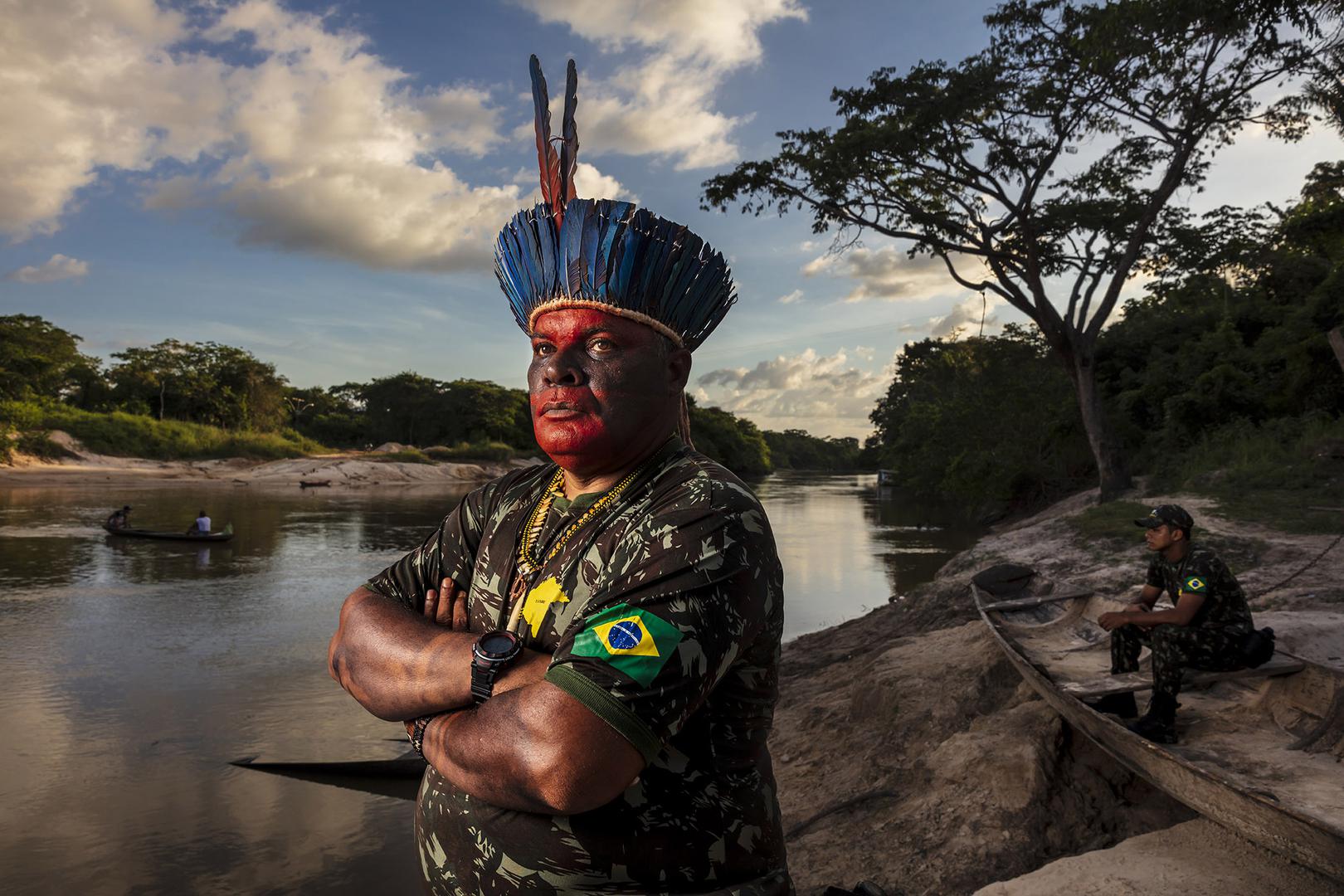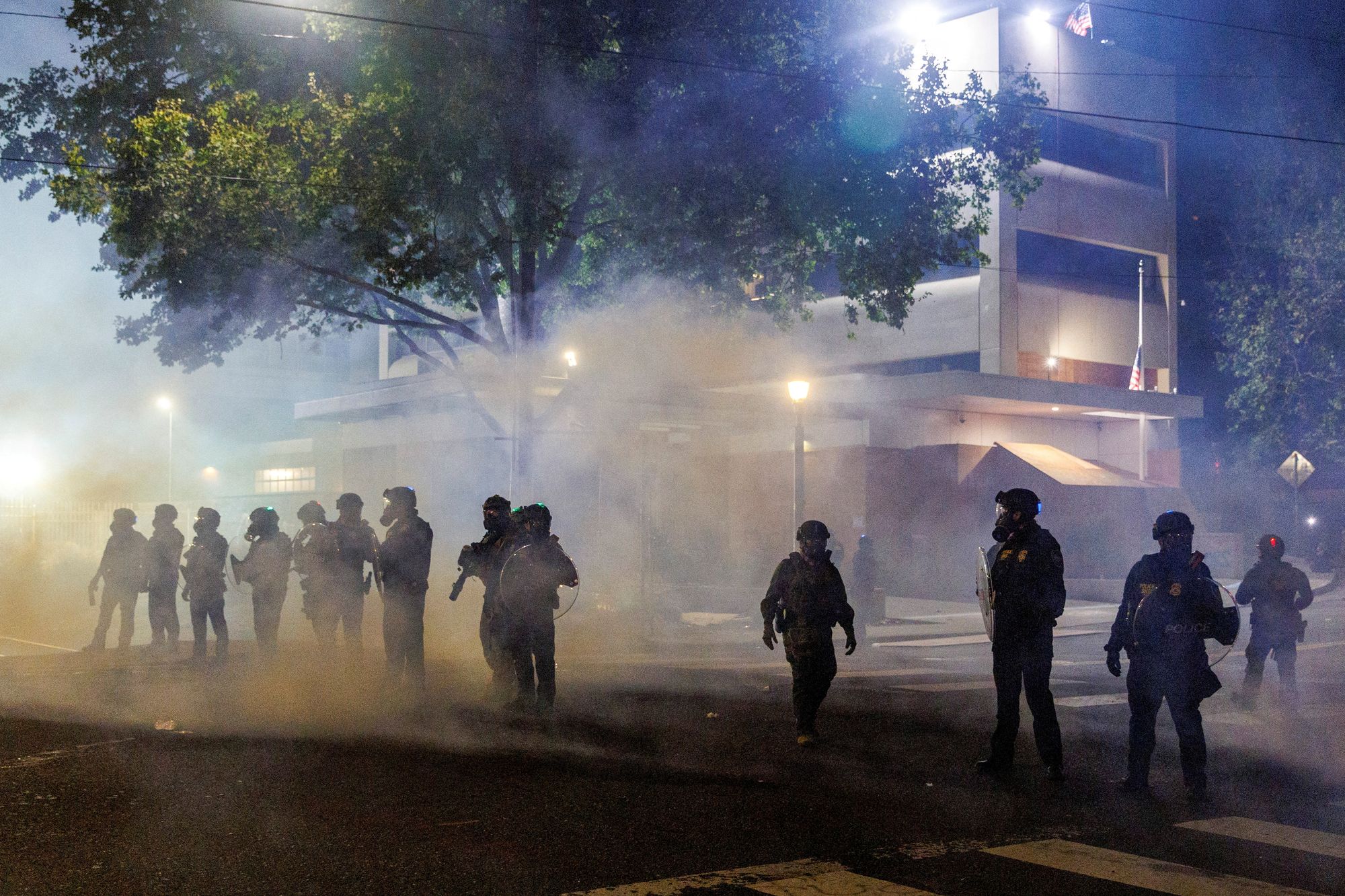A key suspect in the 2007 disappearance of British girl Madeleine McCann has been released from a German prison after serving time for an offense unrelated to the high-profile case. This development raises questions about ongoing investigations and the legal complexities surrounding one of the most widely reported missing persons cases in recent history.
Madeleine McCann vanished while on a family holiday in Portugal, sparking a global search and media attention that has endured for over 16 years. The case has involved multiple countries, law enforcement agencies, and a wide array of theories and leads. Despite numerous investigations and public appeals, her disappearance remains unresolved, leaving the world and her family searching for answers.
The launch and its consequences
The individual, who was incarcerated in Germany for offenses not connected to Madeleine McCann’s disappearance, was recently released upon fulfilling the legal term. Officials have explained that the release was a procedural matter and not linked to any development in the investigation of the missing child. Despite this, the timing of the individual’s release has led to significant media attention and renewed public curiosity about the case.
Legal experts note that the separation of cases is critical in understanding the situation. The suspect’s previous conviction was handled independently of the McCann investigation, and the German judicial system operates under strict guidelines regarding sentence completion and prisoner release. While this may be a routine process legally, the high-profile nature of the Madeleine McCann case amplifies the public response and leads to renewed speculation about potential future actions by authorities.
Authorities in Portugal and the United Kingdom continue to pursue leads, examining evidence gathered over the years and coordinating with German counterparts where relevant. Interpol and other international law enforcement organizations remain engaged, supporting cross-border investigative efforts. The complexity of handling multiple legal jurisdictions, combined with the passage of time, makes the process both intricate and sensitive, particularly given the global attention on the case.
Current research and community attention
The case of Madeleine McCann’s disappearance continues to be one of the most well-known missing persons incidents in recent history. Public attention and media coverage have lingered due to the enigmatic factors of her vanishing, the participation of her family in advocacy efforts and public pleas, and the hurdles encountered by law enforcement in following international leads. Every update, such as the release of a suspect from a separate case, is scrutinized for its possible impact, even if it is not legally linked.
Investigators have emphasized that the case remains open and active. Advances in forensic technology, including DNA analysis, digital data retrieval, and international intelligence sharing, provide hope that new evidence could emerge. Cold case units often revisit leads years after initial investigations, leveraging new methods to uncover connections that were previously undetectable. The persistence of investigators is matched by the enduring determination of Madeleine’s family, who continue to campaign for answers and closure.
The worldwide press has a twofold function, maintaining the case’s visibility in the public eye while carefully handling the legal intricacies of ongoing probes. Ethical journalism makes sure that conjecture does not undermine evidence or judicial processes, despite the fact that public interest and online discourse often push these limits. When a suspect is freed, even if it is for an unrelated issue, it invariably prompts fresh attention and conversation regarding the larger situation.
The larger framework surrounding well-known cases of missing individuals
The McCann case showcases the difficulties associated with prominent missing person situations. Global media coverage, legal intricacies extending across nations, and the participation of various investigative groups can both assist and hinder the process of finding missing people. Coordination across countries necessitates careful dialogue, compliance with varied legal systems, and consideration of suspects’ rights during the pursuit of leads.
Cases like this also underscore the psychological impact on families, law enforcement, and the public. Extended uncertainty, persistent media attention, and public speculation can affect mental health and the ability of families to grieve or seek closure. Support systems for families, including counseling, legal guidance, and advocacy organizations, play a critical role in navigating these prolonged and complex circumstances.
The continuous attention on Madeleine McCann’s disappearance has had an impact on investigative methods worldwide, underscoring the significance of technology, global collaboration, and community involvement in solving missing persons cases. Insights gained from notable investigations frequently guide policies, education, and response tactics in later cases, influencing the wider realm of law enforcement and victim assistance.
A questionable outlook for the McCann family
While the suspect’s release may seem significant in media reports, authorities maintain that it does not alter the status of the ongoing investigation. Investigators continue to analyze evidence, follow leads, and coordinate with international partners in the hope of finding definitive answers. The complexity of the case, spanning multiple countries and involving decades of data, requires sustained effort, meticulous attention to detail, and a careful balance of legal procedures and investigative priorities.
For the general audience, the situation stands as a reminder of the ongoing enigma and the continuous pursuit of justice. Support, awareness, and thorough reporting are still vital in keeping the unresolved disappearance in the spotlight. At the same time, legal systems must adhere to procedural standards while addressing increased examination from a worldwide audience, making certain that justice and proper legal process are respected simultaneously.
The freedom of the suspect emphasizes the difficulties of prominent investigations and the interaction between separate legal cases and current criminal probes. It underlines the necessity for effective dialogue among authorities, the media, and the community, ensuring that new information is comprehended within its context. While officials persist in their investigation, the promise to reveal the truth stays firm, showcasing the perseverance and resolve that have defined this case since Madeleine McCann’s disappearance.




